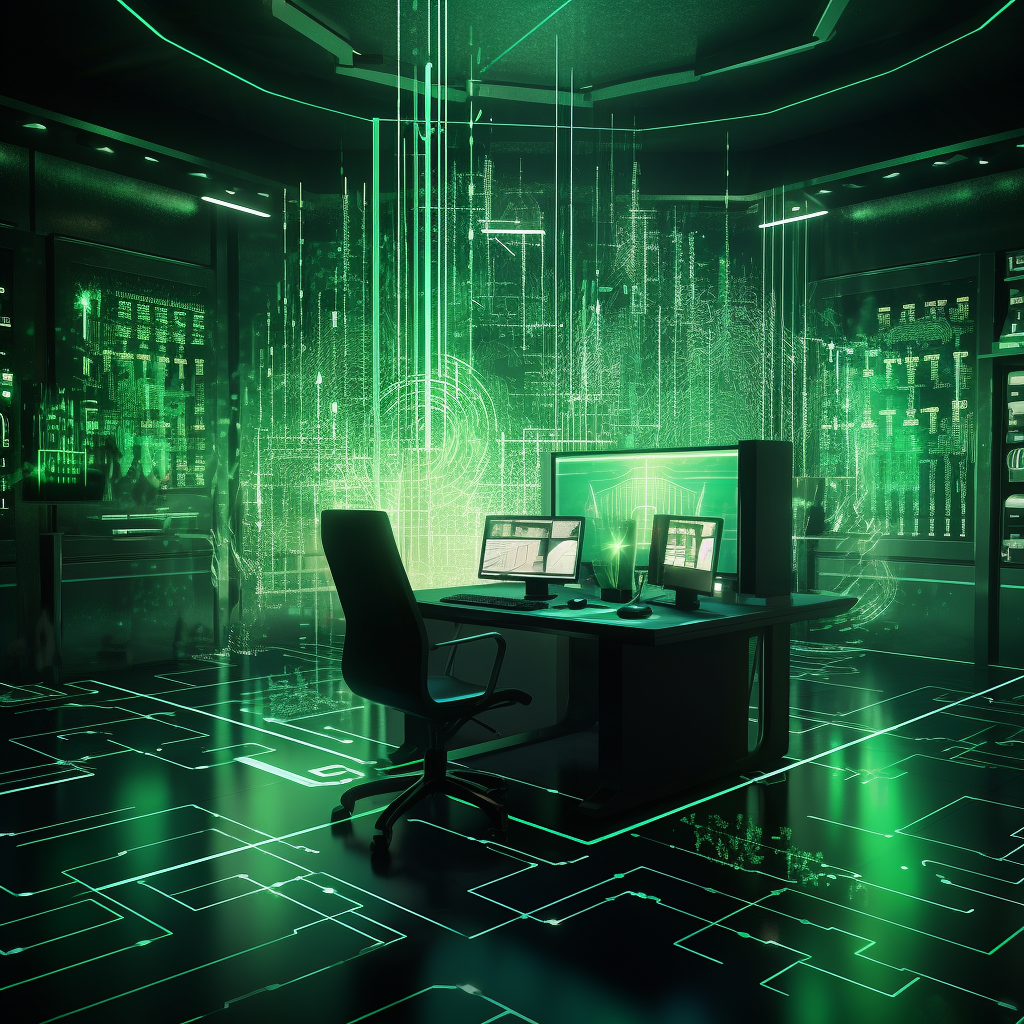Data protection and integrity are of utmost importance in the current digital era. This is especially important in situations of mergers and acquisitions of different companies when all data is stored in virtual data rooms (VDR). In such situations, it is crucial to protect your data from leakage, and blockchain technology can help you. Therefore, today we will look at the impact of blockchain on VDR and how to ensure a successful and safe mergers and acquisitions (M&A) transaction with this combination.
Understanding Blockchain’s Role in Data Integrity
If we take the process of mergers and acquisitions, the main task in this transaction will be to ensure data integrity and fast exchange. When a company uses virtual data rooms, its goal is to strengthen security, and this is where blockchain technology will be an innovative solution. Blockchain is a decentralized registry in which information is stored on different computers as encrypted cryptographic data. Each block in this system is connected to the previous one, which guarantees security at the highest level.
That is why the combination of blockchain and VDR is the basis of cryptographic security. In the context of M&A, what’s essential is not only the security of data, but also the trust that blockchain guarantees due to its technology, where data cannot be deleted and changed without the consent of all parties.
Real-world Blockchain Adoption in VDRs
Let’s move from words to real examples of companies and startups that have used blockchain technology in their virtual data room solutions to better understand both the positive and negative aspects.
Microsoft Azure
Microsoft Azure is a renowned player in the cloud computing and technology industry. The company has integrated blockchain into its platform, offering its customers a reliable and secure environment for exchanging important data.
Here are a few benefits of implementing blockchain in this cloud solution:
- Enhanced Security. The blockchain technology in this VDR makes this solution resistant to unauthorized changes, creating trust among users.
- Scalability. Microsoft Azure services, using blockchain technologies, scaled up to meet the needs of large enterprises and companies.
Now let’s look at the disadvantages that the company encountered when implementing blockchain in their VDR solutions:
- Interoperability. Adapting blockchain to different systems and platforms is a challenging task that demands both time and financial investments.
- Regulatory Compliance. To comply with all the evolving regulatory standards regarding blockchain and data security, the company needed to invest in knowledge and allocate resources.
Microsoft Azure has done a good job of integrating blockchain technology into their VDR solutions, providing their customers with increased security and scalability. However, they also tackled compatibility problems and regulatory compliance without hesitation.
IBM
IBM is a global technology giant in the world of blockchain integration and beyond. The IBM blockchain platform offers solutions that are adapted for various industries, including VDR.
Here are the benefits that IBM has gained from blockchain technology in its services:
- Transparency. IBM blockchain provides its customers with complete transaction transparency, reducing the risk of fraud and data errors in the VDR.
- Immutable Records. Once data is recorded on a company’s blockchain, it is fully protected from unauthorized access.
Let’s move on to the negative aspects of this implementation:
- Complexity. The introduction of technology into their services required a lot of intellectual and financial resources from companies.
- Regulatory Challenges. Compliance with privacy and data security regulations is challenging, especially in cross-border M&A transactions.
With the help of blockchain technology, IBM took the security and transparency of its VDR solutions to a new level and was ready to face the disadvantages along the way.
The Future Outlook: Blockchain and Data Rooms
When discussing the future outlook of blockchain and VDR, here are a few blockchain advancements that might be added or improved:
- Increased security. It is worth understanding that in the future, the blockchain will remain the core of security in VDR. But over time, the development of blockchain will provide an even higher level of security, which will completely remove the possibility of data manipulation.
- Streamlined Transactions. With the development of blockchain, the process of mergers and acquisitions transactions will accelerate significantly. Data room evolution will happen due to the successful automation of document verification and contract execution. This will reduce the time and costs associated with a comprehensive audit.
- Global Adoption. Since the last few years there has been a trend of transition to VDR and blockchain, which means that in the future we can expect a trend of transition to this technology. This will encompass all the necessary aspects to protect both parties.
To summarize, we need to highlight the huge role of the tandem of VDR and blockchain for the integrity and security of data in the world of mergers and acquisitions. With its cryptographic security and immutable ledger, blockchain is poised to revolutionize the way sensitive information is exchanged and protected. At the moment, the technology has some minor flaws that should not be a cause for concern, as they are likely to be resolved over time.

